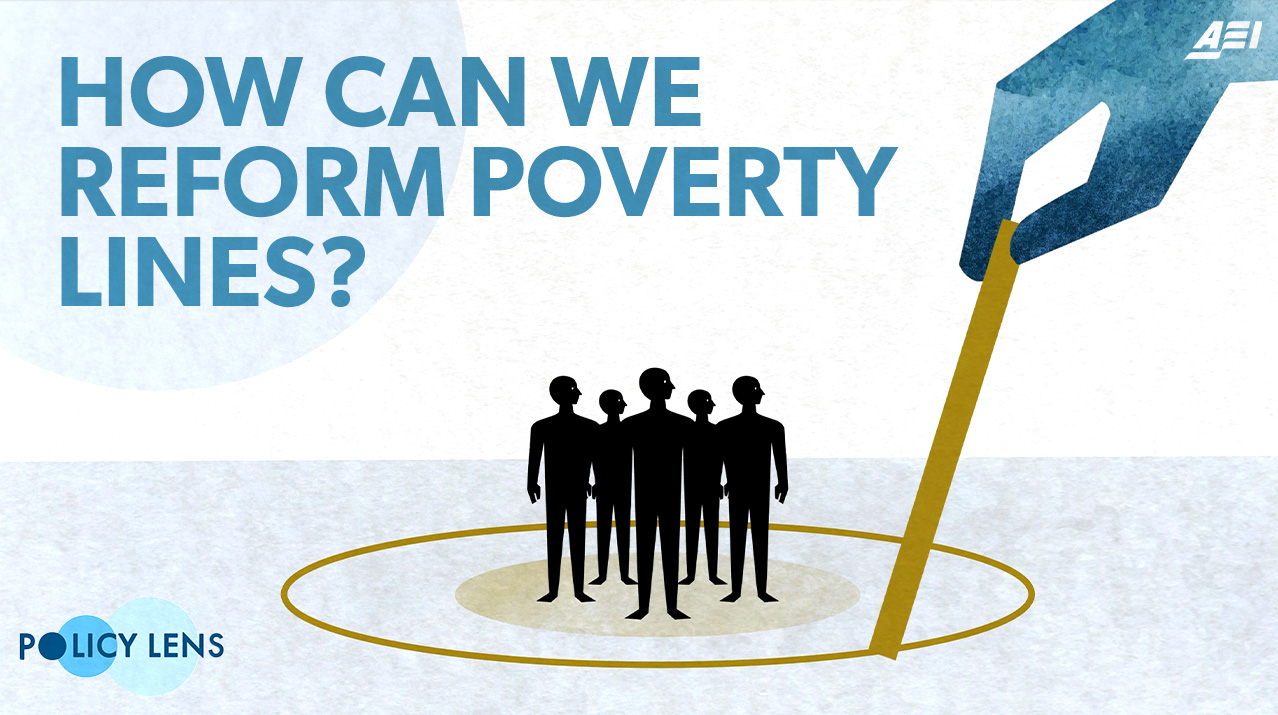
March 24, 2025
Tax Abatements: The Best-Kept Secret to Revitalizing Struggling Communities—Without Spending Taxpayer Money
A well-designed property tax abatement program can dramatically shift project economics by temporarily reducing tax burdens, making new housing development financially viable—without requiring government subsidies. Philadelphia’s 10-year tax abatement is a powerful example: a simple policy that helped reverse decades of decline by unlocking private investment and spurring the construction of tens of thousands of…

March 24, 2025
The Student Loan Payment Pause Was a Catastrophic Mistake
In March 2020, as America shut down in response to the COVID-19 pandemic, Congress passed a law suspending federal student loan payments for six months. The payment pause ended up lasting, in effect, for four and a half years. Though well-intentioned, the pause and its repeated extensions may go down as one of the worst mistakes in…

March 21, 2025
Increasing Financial Aid Isn’t the Solution to High College Costs
Harvard University recently announced it would make tuition free for students from families earning below $200,000—but for middle-class students not lucky enough to receive a Harvard acceptance letter, college tuition is still far too expensive. As a solution, many have proposed significant increases in taxpayer-funded financial aid to reduce or even eliminate tuition for many students. This…

March 20, 2025
To Transform K-12 Education, the Trump Administration Should Measure What Matters
When the National Assessment for Educational Progress (NAEP) was first administered in 1969, nearly nine out of 10 American children were born into married, two-parent homes. By 2023, this number had decreased to six out of 10 children on average, with wide variations across racial groups. Stunning disparities in married, two-parent households by race tightly correlate with disparities in child poverty, domestic violence, and father absence—all…

March 18, 2025
Poorly Defined: Reforming the Poverty Line | POLICY LENS
Ever since President Lyndon B. Johnson declared a “war on poverty” in 1964, the US Safety Net has been remarkably effective in reducing the number of Americans living in poverty; but measuring the magnitude of that success is not so straight forward. AEI’s Kevin Corinth explains that defining poverty is largely a decision of society,…

March 18, 2025
Low-Rise Multifamily and Housing Supply: A Case Study of Seattle
Abstract We provide an in-depth case study of land use reforms in Seattle to highlight how redevelopment of aging single-family housing to townhomes can lead to a significant increase in market-rate housing that promotes affordability. The key is to allow market forces to use by-right zoning to drive small-scale development, when also supported by clear…

March 17, 2025
Trump Should Put an End to Rent Control
We are in a time when what would have seemed to be unimaginable domestic policy changes — from the abolition of the Department of Education to cutoffs of federal support for universities — are on the table. The Department of Housing and Urban Development is involved in this creative destruction — having pulled back a Biden-era program called Affirmatively Furthering Fair Housing, which tied federal assistance for…

March 14, 2025
A Historic Opportunity for Higher Education Reform
Once a sleepy policy area on the national scale, higher education is now a central issue making headlines in the overall political discourse. Believe it or not, the education policy divides between mainstream Democrats and Republicans used to be trivial. For example, 10 years ago, Sen. Elizabeth Warren’s (D-Mass.) proposal to lower student loan interest rates to 3.9…

March 13, 2025
Two Charts Show Why a Trade War Over Fentanyl Doesn’t Make Sense
Following a month-long pause, President Trump last week reimposed tariffs on Canada and Mexico, only to pause many of them again two days later. Different reasons have been offered by the Trump Administration for the tariffs, but in recent days the President’s advisers have honed in on one reason in particular: Fentanyl is being shipped across our borders with…

March 13, 2025
Trends in Net College Tuition and Financial Aid, 1990–2020
Key Points Introduction College costs are out of control—or so the narrative goes. In recent years, a counternarrative has emerged that argues, correctly, that the meteoric rise in the sticker price of college is misleading. Net college tuition, or tuition after financial aid is applied, has risen far less quickly than sticker price tuition and…